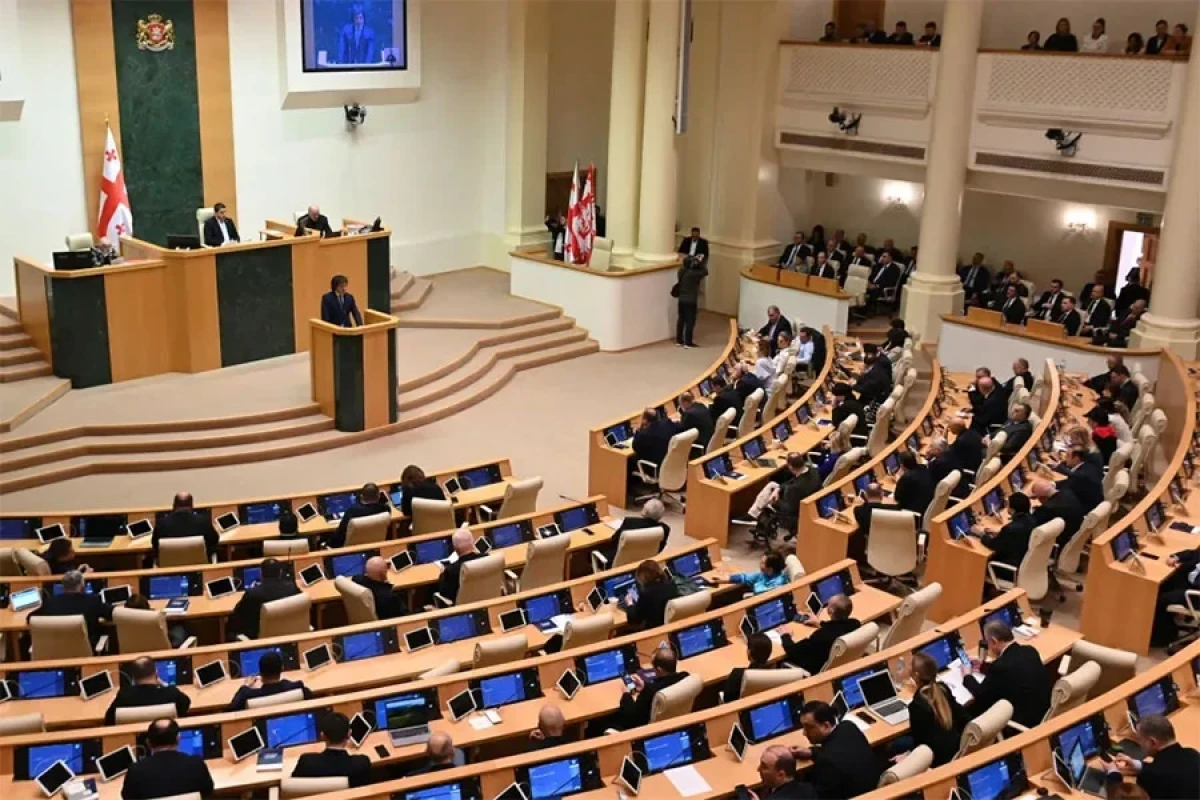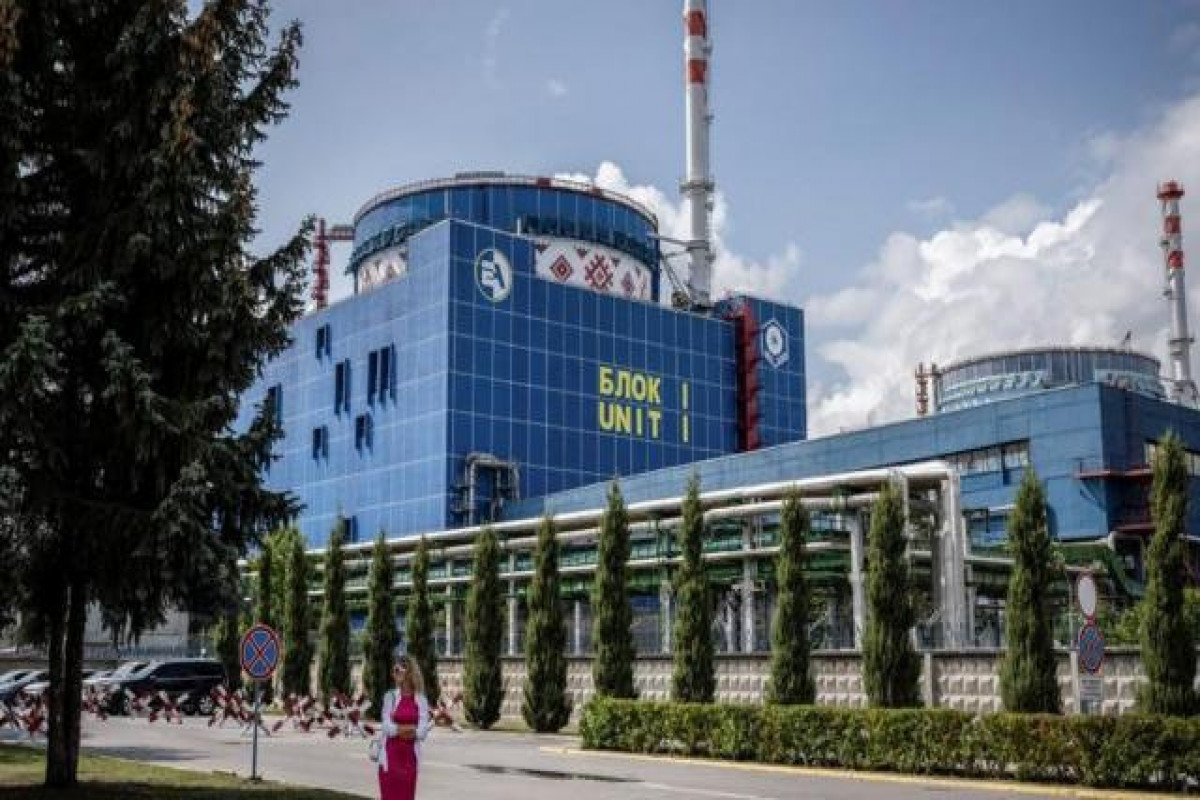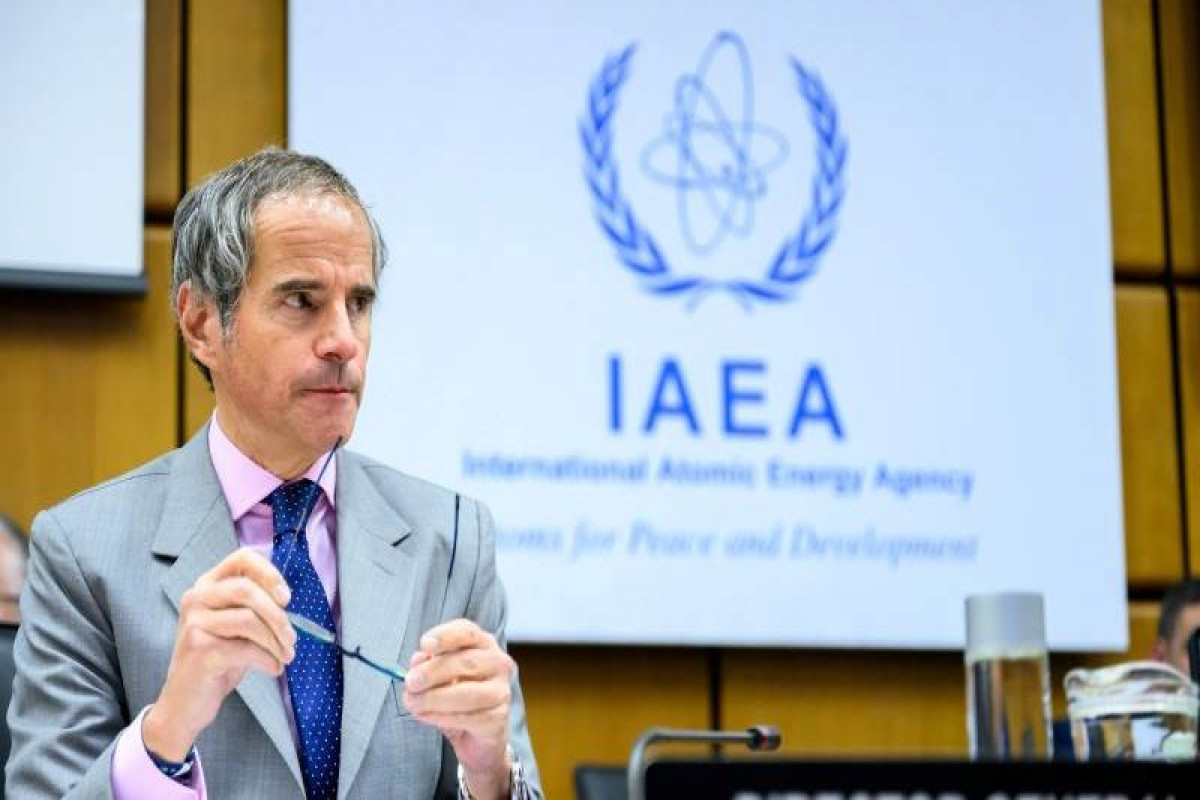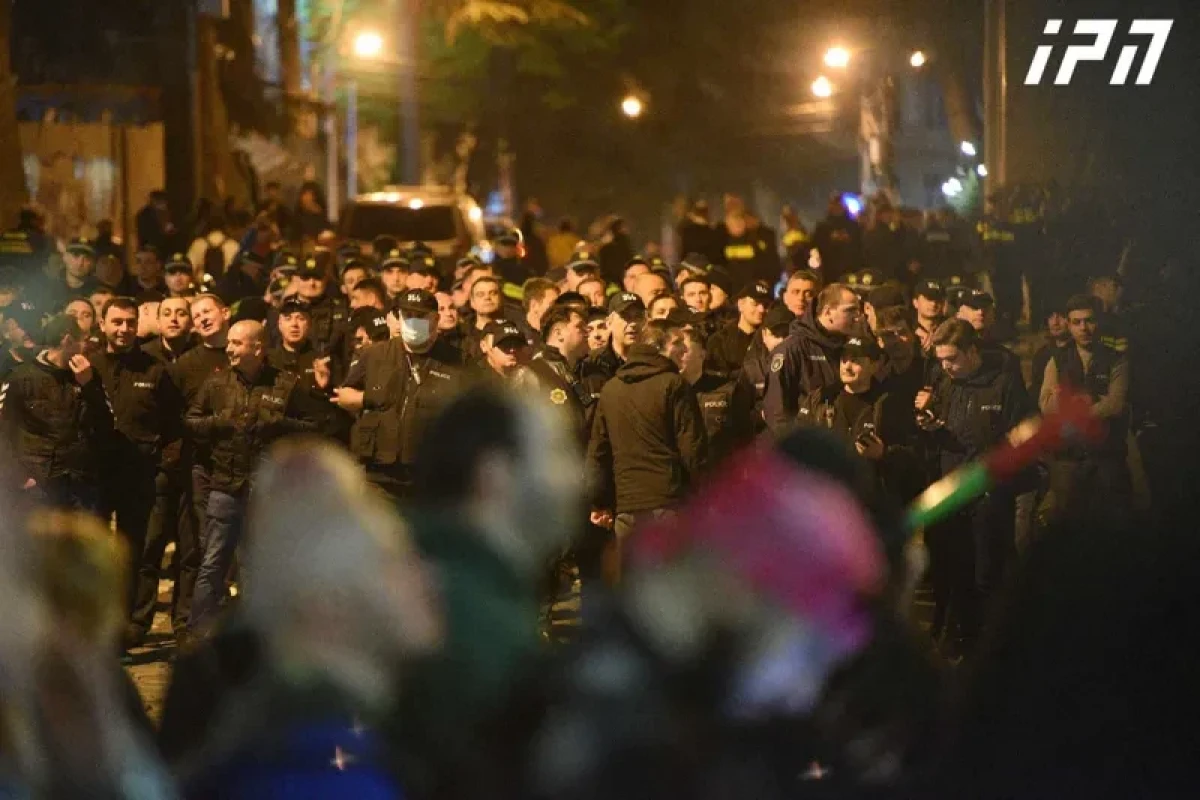Bulgaria secretly helped Ukraine at the most critical moment of the war, APA reports citing an investigation by German daily WELT, a sister publication of POLITICO.
Thanks to exclusive interviews with Ukrainian Foreign Minister Dmytro Kuleba, former Bulgarian Prime Minister Kiril Petkov and his finance minister, Assen Vassilev, WELT has pieced together a picture of how Bulgaria stepped into the breach and used intermediaries to provide Kyiv with vital supplies of weapons, ammunition and diesel at a critical juncture of the fighting last year.
While Petkov, who was Bulgarian prime minister at the outbreak of the war, was attempting to pull the country in a more westward, pro-NATO trajectory, he had to grapple with intense blowback from pro-Kremlin politicians, including among his coalition partners, the Socialists, who are the successors to the old Communist Party. He even had to fire his own defense minister for parroting Russia’s spin on the war. In public, at least, Petkov sought to play down any idea that Bulgaria — despite considerable stocks of Soviet-era weaponry — would step up and arm Ukraine.
While the Socialist Party in Sofia called Bulgarian arms deliveries to Ukrainian forces a “red line,” Petkov’s officials avoided government-to-government transactions and used intermediary companies in Bulgaria and abroad to open up supply routes by air and land through Romania, Hungary, and Poland.
“We estimate that about a third of the ammunition needed by the Ukrainian army in the early phase of the war came from Bulgaria,” Petkov told WELT.
Just as sensitively, the diesel that Bulgaria supplied to Ukraine was processed from Russian crude oil at a Black Sea refinery, which at the time belonged to the Russian company Lukoil. “Bulgaria became one of the largest exporters of diesel to Ukraine and at times covered 40 percent of Ukraine’s needs,” former Finance Minister Vassilev told WELT.
The government in Kyiv confirmed that version of events. Kuleba told WELT his country was in danger of running out of ammunition last April. “We knew that Bulgarian warehouses had large quantities of the ammunition needed so President [Volodymyr] Zelenskyy sent me to obtain the necessary material,” Kuleba said.
It was a matter of “life and death” at that time, Kuleba explained, because otherwise the Russians would occupy more villages and towns, “kill, torture and rape” more Ukrainians.
Faced with Kyiv’s requests, Kuleba said Petkov replied that his domestic situation was “not easy” but that he would do “everything in his power.”
“Kiril Petkov has shown integrity, and I will always be grateful to him for using all his political skills to find a solution,” Kuleba continued. The story, he said, was simple: While some members of the Bulgarian coalition sided with Russia, Petkov decided to “be on the right side of history and help us defend ourselves against a much stronger enemy.”
On February 25, just one day after Russian President Vladimir Putin’s invasion of Ukraine, at an informal European Council meeting in Brussels, Petkov stressed to his fellow leaders that Zelenskyy may have less than 48 hours to live, that he was on Moscow’s death list, and that the Council must take tough decisions on sanctions immediately. The European Commission ultimately supported those moves.
At the same time, Finance Minister Vassilev attended a meeting of EU finance ministers in Paris. There, too, there was indecision, as he described it. Everyone was still in shock over the attack. Then Vassilev gave a speech. Not about numbers and economic consequences, but about what Putin meant by “de-Nazification of Ukraine.” He drew on Bulgaria’s own experiences.
“That’s what the Russians did in Bulgaria after World War II, they murdered thousands of dissenters, professors and priests,” Vassilev said. He, too, called for immediate resolutions and participants in the meeting confirmed to WELT that the Bulgarian minister had turned the mood of the assembled delegates.
Two days later, Brussels implemented those measures. In EU circles, they were styled as the “Bulgarian proposal.”
On April 19, shortly before a visit to Kyiv by Petkov, Ukrainian Foreign Minister Kuleba traveled to Sofia, as a new and uncertain phase of the war began. The Ukrainians had pushed the invaders back from the broader Kyiv region and the north, but many Western weapons had not yet been delivered. The fighting was so intense, Kuleba says today, that Ukraine urgently needed to replenish its stocks, especially Soviet-made ammunition.
That’s what Zelenskyy thought Kuleba could secure on his mission to Sofia.
Petkov says now that his government authorized middlemen to export, not directly to Ukraine, but to intermediary companies abroad.
“Our private military industry was producing at full speed,” Petkov said. Footage from April shows cargo planes “loaded to the brim” with weapons flying between Bulgaria and Poland. What is known is that Poland’s Rzeszów airport, 70 kilometers from the Ukrainian border and closely guarded by NATO, is a major shipment point. “We made sure that the overland route via Romania and Hungary was also open to trucks,” Petkov said.
Kuleba confirmed those supplies. He stressed that it was not a matter of the Bulgarian government providing military aid directly to Ukraine, “but rather of Ukrainian companies and companies from NATO countries being given the opportunity to procure what was needed from Bulgarian vendors.”
According to information supplied to WELT, the U.S. and Great Britain paid for the supplies.
Vassilev recalls a World Bank meeting in Washington in the spring. There, he said, a Ukrainian official told him that Kyiv’s troops were running out of fuel. Bulgaria has a refinery near Burgas on the Black Sea, which is operated by a subsidiary of the Russian Lukoil group and supplied by oil tankers from Russia.
Vassilev said he encouraged Lukoil in Bulgaria to export surplus oil to Ukraine. The reaction was positive, and employees there also condemned Putin’s war, he said. Bulgaria itself needs about half of the fuel the refinery produces; the rest, he says, has been shipped to Ukraine. Once again, supplies from local companies were handled through foreign intermediary companies.
Kyiv confirmed to WELT that Ukrainian companies received Bulgarian diesel at this all-important stage.






